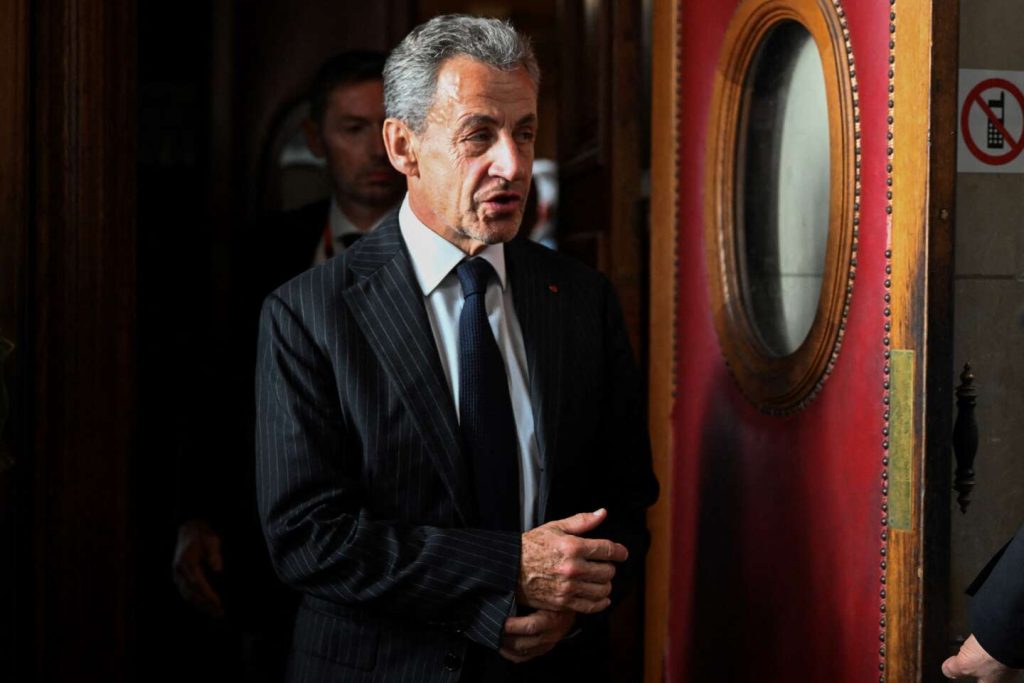In an interview on “Complément d’enquête,” aired on France 2 on April 11, certain individuals involved in the self-proclaimed “operation ‘Save Sarko'” claim that Nicolas Sarkozy, the former French president, was involved in the abrupt retraction of Ziad Takieddine’s statements. In late 2020, Takieddine had been promised millions of euros by a group of people, including a screenwriter, a fraudster, a businessperson, and a celebrity press figure, in exchange for retracting his accusations against Sarkozy regarding the alleged Libyan financing of his 2007 campaign. Takieddine claims that Michèle Marchand, also known as “Mimi,” suggested the words he should use in his retraction.
Sarkozy has denied any involvement in this retraction, the alleged funding of his campaign – estimated at 608,000 euros, with not all promised sums being paid – as well as its media coverage. He admitted to being informed a month prior to the retraction but stated that it was impossible to attribute the plan to gather these individuals to him. Despite his denials, judges have indicted him for “concealment of subornation of witness” and “criminal association.” His lawyer, Christophe Ingrain, has not commented on the new testimonies, stating that Takieddine seems to be offering a new version of events, the fourteenth to date.
An important figure in this affair, Takieddine, who is currently in Lebanon following his conviction in the Karachi case, was directly involved in the operation. In response to questions about Sarkozy’s involvement, he alluded to the former president miming a puppeteer. Another member of the team, a convicted scam artist named Noël Dubus, declared in the same interview that Sarkozy had given his approval for a wealthy entrepreneur to pay 72,000 euros to Mimi Marchand. This payment, disguised as communication services, financed the second phase of the operation, including Takieddine’s confession before a notary, intended for submission to French justice.
Questions arise regarding how much Sarkozy and those close to him knew about this second phase of the operation. Dubus claims that Mimi provided questions for Takieddine’s confession, which were supposedly validated by Thierry Herzog, Sarkozy’s longtime lawyer and close associate. However, Herzog’s attorney, Paul-Albert Iweins, denies his client’s involvement in the affair and asserts that if there were any reasonable suspicions, Herzog would have been indicted after being questioned as a witness, which has not been the case.
The tangled web weaves further, with the involvement of a diverse group of individuals with shady backgrounds. The operation raises questions about the extent of political manipulation, deceit, and subterfuge at play in high-stakes legal battles involving prominent figures like Sarkozy. The allegations of witness tampering and criminal association have serious implications for the former president’s reputation and legal standing. As the investigation continues, more light may be shed on the intricate schemes and machinations that underlie this complex case.















